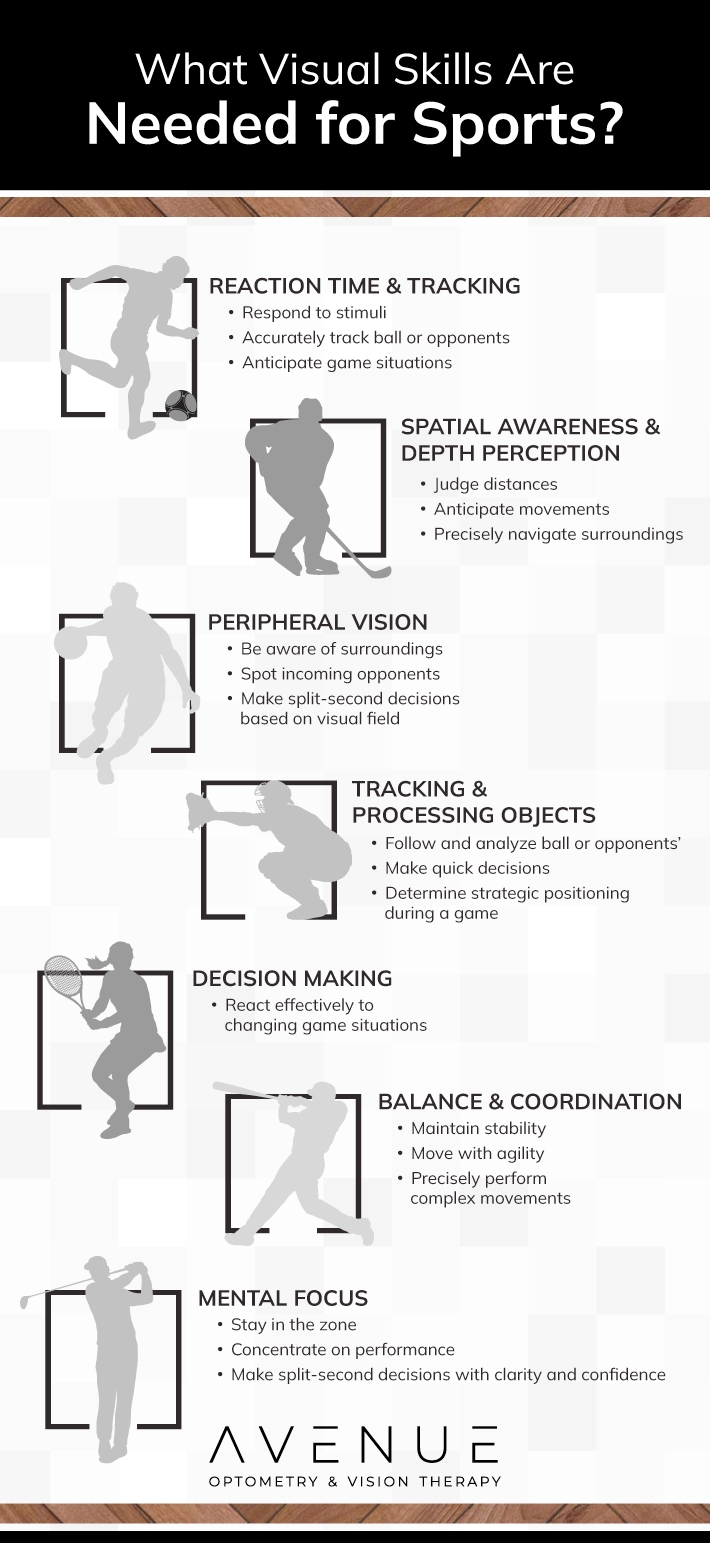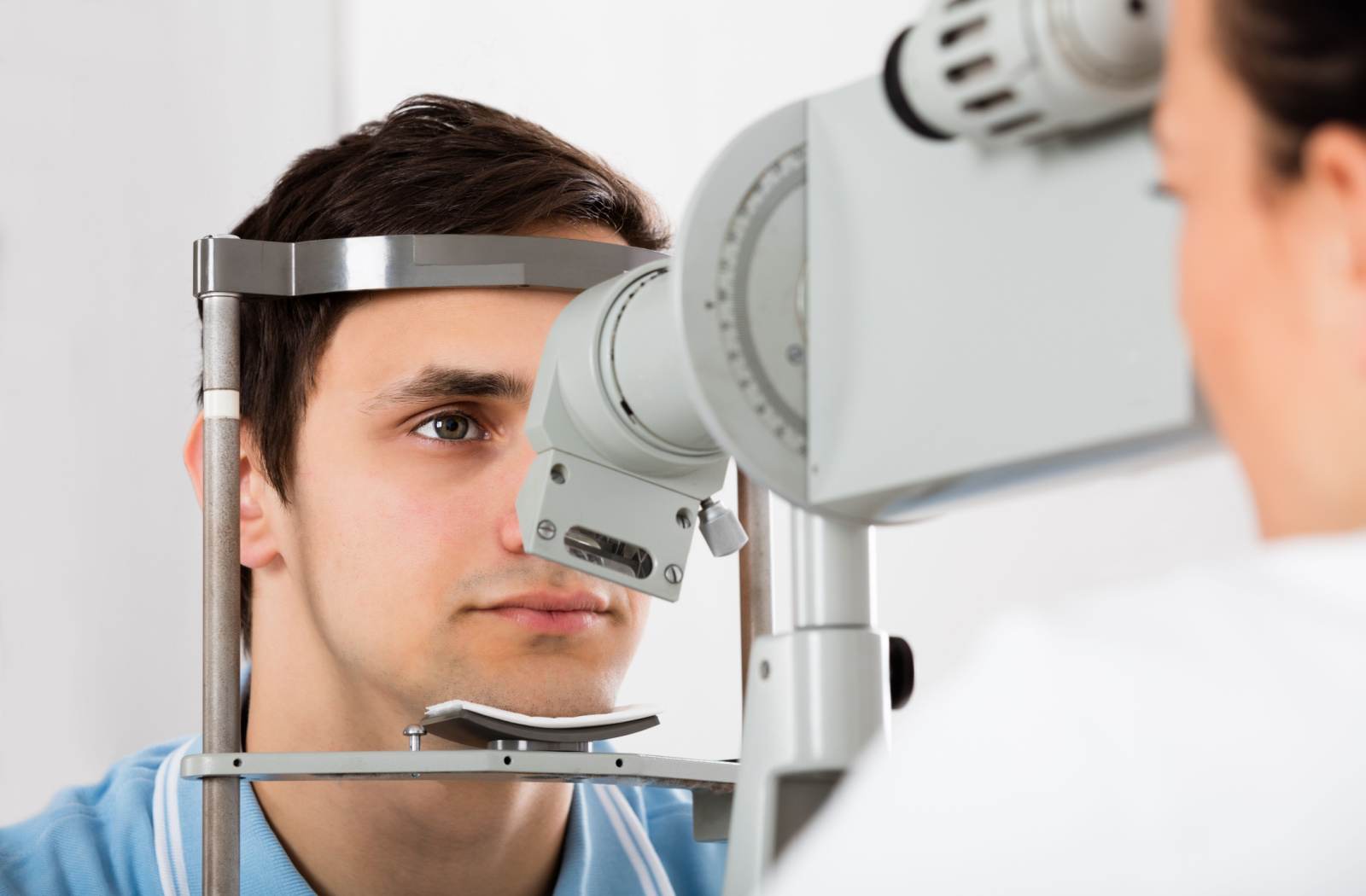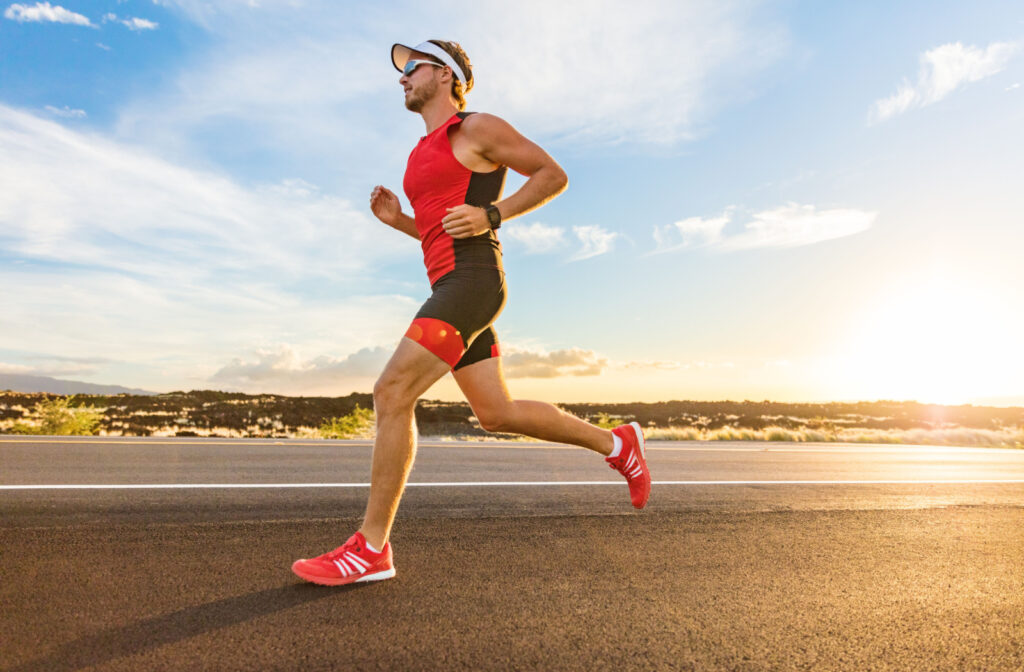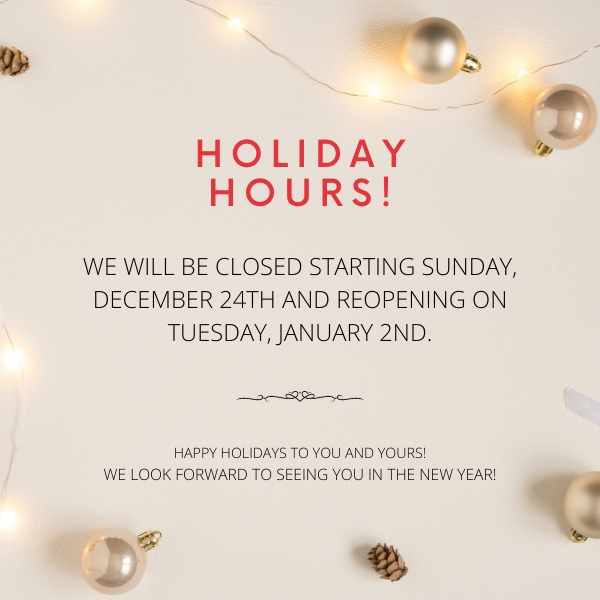Vision is one of our most essential senses. But it’s more than just 20/20 eyesight. It’s about taking in visual information, gaining understanding, and connecting with our surroundings. And when it comes to sports, having excellent vision is crucial for peak performance.
Sports vision refers to the visual capabilities needed for optimal performance in sports. It goes beyond eyesight and involves the efficient functioning of the visual system and essential visual skills.
Strong sports vision allows athletes to make quick decisions, accurately analyze visual information, and coordinate their movements. So, whether you’re shooting hoops or scoring goals, improving your sports vision can take your game to the next level.
What Is the Role of Vision in Sports?
We have many essential visual skills that help us interpret, analyze, and create visual messages. Strong visual skills are important for many reasons, like communicating, processing information, and making decisions. They help us read, write, learn, do math, and so much more.
Athletes heavily rely on their vision to accurately judge distances, react quickly to moving objects, and make split-second decisions on the field or court. While strong visual acuity (eyesight) is essential, so is the ability to effectively use those various visual skills.
What Are the Components of Sports Vision?
Sports vision focuses on the visual aspects of athletic performance. It encompasses various components that contribute to an athlete’s visual capabilities that can help enhance their game.
Reaction Time & Visual Tracking
In sports, quick reaction time is essential. Any sport requiring immediate action requires an athlete to quickly detect and process visual information.
A fast reaction time allows swift response, giving athletes an edge in split-second decision-making. Excellent visual tracking skills enable precise object or opponent tracking, which is crucial in sports like basketball or hockey.
These skills enhance overall awareness, enabling strategic decisions and promoting safety to prevent collisions and injuries.
Spatial Awareness & Depth Perception
Spatial awareness and depth perception are essential skills in any sport. They help athletes judge distances and angles accurately, allowing them to anticipate movements and make quicker, more precise decisions.
Athletes with strong spatial awareness and depth perception can better navigate tight spaces, understand multi-level play, track moving objects, maintain peripheral awareness, and make quicker decisions on the field.
Peripheral Vision
Peripheral vision is crucial to sports and many daily activities. This skill helps athletes see objects outside their direct line of vision, allowing them to maximize their awareness and avoid collisions with other players.
Athletes with strong peripheral vision are less likely to miss visual cues, such as opponents coming from the side or the ball moving quickly around them.
Tracking & Processing Multiple Objects
Athletes have to track and process multiple objects at once, which is particularly important in games like tennis, where players need to track the ball as well as their opponent’s movements.
The ability to seamlessly process and track various objects can enhance an athlete’s agility, decision-making, and strategic positioning on the field.

Decision Making
Making accurate, quick decisions is an essential skill in sports. In team sports, the ability to identify and react to openings or opportunities on the field or court can be the difference between winning and losing. This ability is necessary for boxers when sizing up their opponent or martial artists dealing with incoming attacks.
Superior visual processing helps athletes register visual cues faster, allowing them to make better, quicker decisions.
Balance & Coordination
Visual information also helps an athlete with their balance and coordination.
Our brain and eyes work together to track an object when our head is moving, helping us maintain balance. Excellent depth perception assists players in executing precise movements essential for sports that require accuracy and technical precision, like shooting a basketball.
Mental Focus
Sports tend to be emotionally charged games, and athletes need to stay focused and composed. Nothing can break the momentum of an athlete in the zone. Having excellent visual focus is essential for this.
A combination of these vital visual skills helps athletes stay calm, focused, and engaged when playing and able to give their all on the field.
What Is Sports Vision Training?
Excellent vision can make the difference between a good player and a great one. All athletes can benefit from vision training, whether they play professionally or enjoy recreational sports.
Sports vision training is a personalized vision therapy program to enhance athletes’ visual skills. It’s a series of methods and activities designed to help strengthen your visual system, enhance the connection between your eyes and brain, and improve your visual skills and processing.
This training is kind of like an extension of your workout—your eyes need conditioning like the rest of your body.
What’s Involved in Sports Vision Training?
Training techniques vary depending on the skills being targeted and your sport. Because every plan is unique to the athlete, your plan will look very different from your teammate’s.
Some sports vision training methods include:
- Computer-based games that help improve visual processing speed and hand-eye coordination through interactive games.
- Vision therapy exercises that target specific visual skills like convergence, eye focusing, and eye tracking.
- Sensory training to help enhance perception skills and improve your ability to process sensory information.
- Perceptual-cognitive training involving high-pressure scenarios to help improve your decision-making skills on the field.
Who Can Benefit from Sports Vision Training?
Athletes of all ages and skill levels can benefit from sports vision training, from beginners to professional players. Programs can be tailored to your individual needs, focusing on the visual skills most essential to your sport.

How To Get Started with Sports Vision Training
If you’re interested in sports vision training, talking to an eye care professional with experience in sports vision is a great place to start. They can evaluate your vision and help identify areas that need improvement. Consistency and commitment to your training plan will help you achieve your desired results.At Avenue Optometry & Vision Therapy, we offer personalized sports vision training plans for all levels of athletes. Whether you’re a player or a coach, eye training can give your team a competitive edge. Contact us today to learn more.




